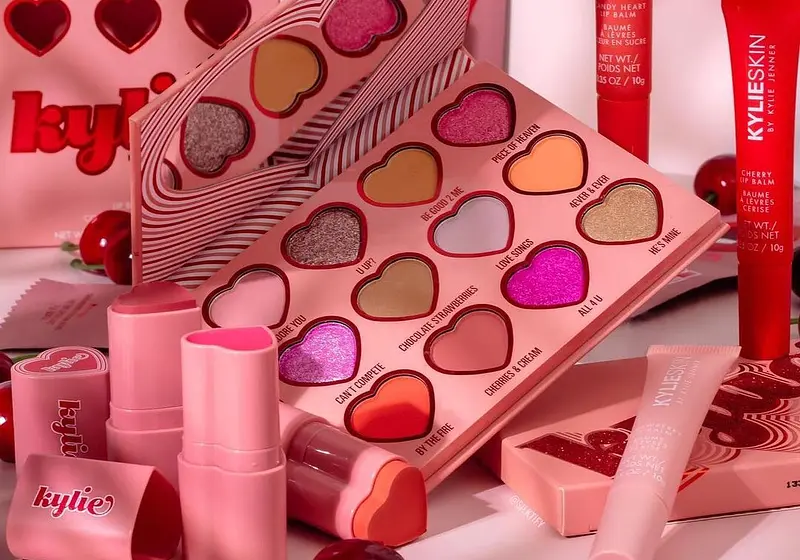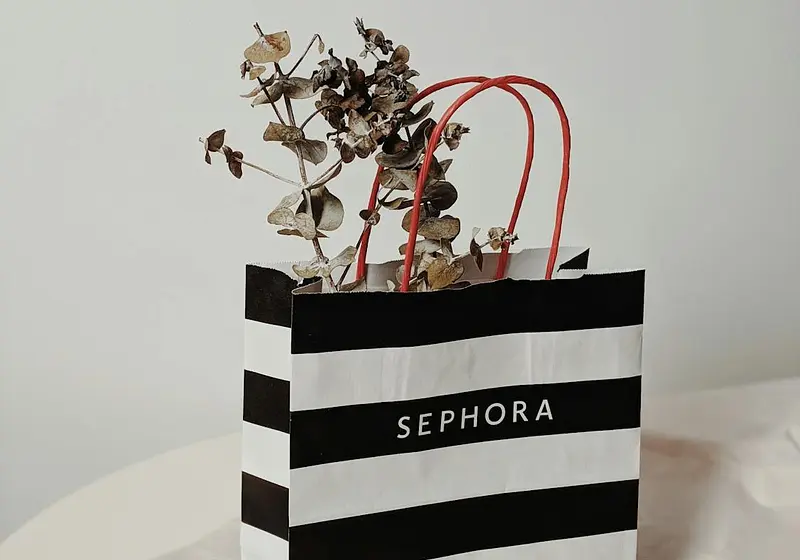Recently, Fair & Lovely, a skin-whitening cream brand has renamed its products to Glow & Lovely in response to anti-racism protests throughout the country. It was also spurred by the over 10,000 people who have signed a petition; it called for Unilever to ban the sale of skin whitening products. It claims “this product has built upon, perpetuated and benefited from internalized racism and promotes anti-blackness sentiments amongst all its consumers”.
Now referred to as Glow & Lovely, the product has been on shelves in India since 1975. Through their marketing strategies, these products have capitalized on equating pale skin with beauty and success. Commercials follow dark-skinned women finding success after lightening their skin.
One such advertisement for the product follows a young dancer who after a failed audition is introduced to Fair & Lovely. The commercial cuts to the dancer, now famous, receiving applause, and getting photographed her with her new, lighter, complexion. This commercial convinces young women who seek success that conforming to the colorist ideal is the only avenue.
Skin lightening products are prevalent in Southeast Asia because from the time of their birth, even within families, dark skin women are shamed for their complexion. For instance, after a child is born family members will ask for the [censored] of the child and then the level of fairness. Being labeled as ugly as an infant is incredibly harmful and distorts a child’s self-esteem as evidenced by the infamous doll test.
These experiments were done to display the psychological effects of segregation on Black children. In adulthood, these same children with negative self-perceptions watch non-representative forms of media. Segregated forms of media, can instill a deep sense of self-hatred.
Indian models and actors are rarely featured in media of any kind in India; instead, European actors are cast and dressed as Indian women . This causes psychological manipulation and makes men believe that dark-skin women aren’t beautiful and it convinces dark-skin women to purchase skin-bleaching products to become beautiful. Skin color bias isn’t only in the movie industry though.
Let us slide into your dms 🥰
Get notified of top trending articles like this one every week! (we won't spam you)Colourism and Skin Lightening is a Global Issue
Skin-lightening exists all over the world and is not only caused by colorism but also by classism. The past colonization of countries by fair skin people continues to psychologically oppress and influence the preference for fair skin. Colonialism manifests itself today in the form of who is upper class. People in positions of power tend to have fair skin.
An online search will generate countless homemade remedies and products for skin lightening. The majority of the top results on Youtube for a search on “skin-lightening” will produce numerous videos of tutorials and people sharing their experience with skin bleaching products. This only proves the normalcy and prevalence of anti-blackness that permeates dark skin people in POC communities.
Take the Quiz: Which Indian city is the perfect holiday spot for you!?
Let's match you with an Indian city that you would love!
Dangers Related to Skin Lightening
While being psychologically harmful skin lightening products can also harm the user physically. Some products use multivitamins to lighten skins while others contain mercury or bleach. According to the World Health Organization, many skin lightening products and treatments have been linked to damaging skin cells and serious organ damage.
The two most prevalent ingredients in skin-bleaching creams are hydroquinone and mercury. Hydroquinone is very popular in the United States. The FDA originally approved hydroquinone for over-the-counter products in the ‘80s.
It maintained popularity in products aimed at targeting pigmentation, dark spots, age spots, and freckles. Then after testing the chemical on animals it was found that it could cause infertility, cancer, and disfiguration. Now dermatologists may prescribe Hydroquinone but it is unavailable elsewhere.
Mercury is most often found in illegal products. These products are cheap and easy to find in small markets and online and are popular due to market demand. They come in the form of soaps, lotions, and pills.
The products are made and distributed illegally, therefore they are not being regulated and tested for mercury levels. Users are at high risk of mercury poisoning, which causes kidney failure, neurological deterioration, fatigue, high blood pressure, and numbness. Side effects not including mercury poisoning are also intense. They include physical damage in the form of blisters, skin ulcers, irritation, burning, eyes, and feet swelling, and exogenous ochronosis.
These products bleach skin by halting the production of melanin; which allows the skin to dissipate UV rays and slow visible aging. Removing melanin causes the skin to develop a grey undertone and because it is constantly produced skin-lightening products must be used repetitively. Every time someone uses more product they put themselves more at risk of developing dangerous side effects.
Despite the rebranding, beauty products that promise to safely lighten and brighten skin despite claims of toxic ingredients from both past users and medical experts will remain harmful. The Unilever company defends Fair & Lovely products on the basis that without it the less common skin-lightening products that cause severe damage could harm a larger population of people. Ultimately changing the name will also not change the harmful impact this product has and the anti-blackness it promotes.
Johnson & Johnson is Pulling Products
The brand Johnson & Johnson also sells skin lightening products, in Asia and the Middle East, but they are removing these products from websites and will not be restocking shelves. The products were marketed as dark-spot reducers but their advertisements and claims have indicated that these products could also whiten skin thoroughly.
“Conversations over the past few weeks highlighted that some product names or claims on our Neutrogena and Clean & Clear dark-spot reducer products represent fairness or white as better than your unique skin tone,” the company said in a statement. They continued with an explanation of these instances not being representative of their intent. The corporation has explained that its products should only be used to maintain healthy skin because that is what beautiful skin is.
Performative Activism and Corporations
The real issue with these companies is how they express solidarity with the Black Lives Matter movement while also, ironically, selling skin-lightening products or other products that exclude POC. The existence of these creams proves the prevalence of anti-blackness. These changes shouldn't be something that must be petitioned by thousands of people such as the addition of a wider range of Band-Aid skin tones.
Black people not even being considered as a consumer is evidence of anti-blackness within these giant corporations. It is also proof of the lack of black employees of these companies. When the boardrooms lack diversity so does the companies’ consumer base. Whilst creating products diversity isn't considered by many companies; it is obvious.
These changes are a long-overdue step in the right direction to inclusivity. These changes were prompted not by claims of their products upholding harmful narratives surrounding black people but by the many deaths of black people at the hands of the police. The resurgence of the Black Lives Matter movement and the popularity of being seen as politically correct have encouraged performative activism. Companies participate in activism only when it can increase their capital not because they are devoted to the cause.
If these corporations cared about POC they would have made these changes years ago, when they were first being called out for the blatant promotion of the harmful ideals their products represent. This surface-level activism was prompted by media coverage of George Floyd’s death at the hands of police brutality. Black Lives Matter has become a trend for these companies.
Once they participate they get lauded for being progressive. The media coverage makes these corporations pay attention, not the millions of voices of black people; that is the real issue with skin-whitening products rebranding.
















